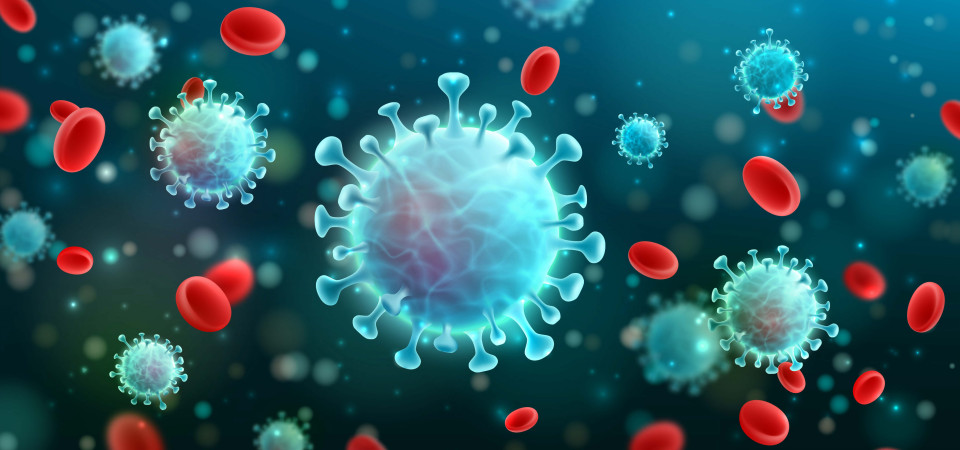Organic-based fertilisers are essential for your food supply.
Because agriculture is seasonal, supply disruptions now could have detrimental effects on the food supply in several months, potentially reducing food supply and driving up prices just when Europe finds itself amid a post-pandemic recession. Like many other producers of fertilising products and other agricultural inputs, the refined organic-based fertiliser industry is facing particular challenges resulting from the COVID-19 pandemic that could have longer-term consequences for food production.
In March, ECOFI contacted its members to determine all the coronavirus-related challenges affecting the production and supply of refined organic-based fertilisers across Europe. Here is a summary of the issues facing producers of organic-based fertilisers, and what consequences these may have on Europe’s food supply. Although food-chain businesses were quickly classified as essential in most countries at the onset of the pandemic, companies still faced real operational difficulties. EU-level measures have since addressed some of these issues, but not all of them.
- While healthcare workers were rightfully the priority recipients of Personal Protective Equipment (PPE), its lack also impacted our production lines, which require PPE to ensure both worker safety and food quality. In the worst affected areas, even essential businesses were only allowed to remain open if they signed up to strict safety protocols that were impossible to respect without PPE.
- EU efforts to scale up production and procurement of PPE continue to help.
- Like many sectors, producers of organic-based fertilisers suffered from a lack of available transporters, price-gouging by some transport companies (despite vertiginous declines in fuel costs), and bottlenecks at Member State borders.
- The EU’s introduction of ‘green lanes’ has reduced delays at borders, although other issues persist.
- Some organic-based fertiliser producers are finding it difficult to source the raw materials they require to manufacture their products because source industries (which are not classified as essential) have stopped production.
- With retail garden centres closed in many countries, small and medium suppliers of gardening inputs, including organic-based fertilisers, have lost a primary sales channel.
- Gardening can allow families to grow some of their own fruits and vegetables, complementing the food supply.
- Some EU countries are beginning to re-open hardware and gardening centres as a priority, but not all.
Times like these remind us of our dependence on the functioning of the food supply chain for our health and survival, and therefore the need to ensure our food supply is resilient to crises now and in the future. As the EU looks to finalise its Farm to Fork Strategy, it should add provisions looking at how to make the food chain more resilient in the face of future, extended crises. While the Circular Economy has many economic and environmental benefits, it also adds complexity to value chains, increasing interdependence and blurring the line between essential and non-essential sectors.
If you would like to be part of ECOFI’s drive for growth in the industry, join ECOFI today.
If you would like to stay up to date with this series of blog posts, follow ECOFI on Twitter.



